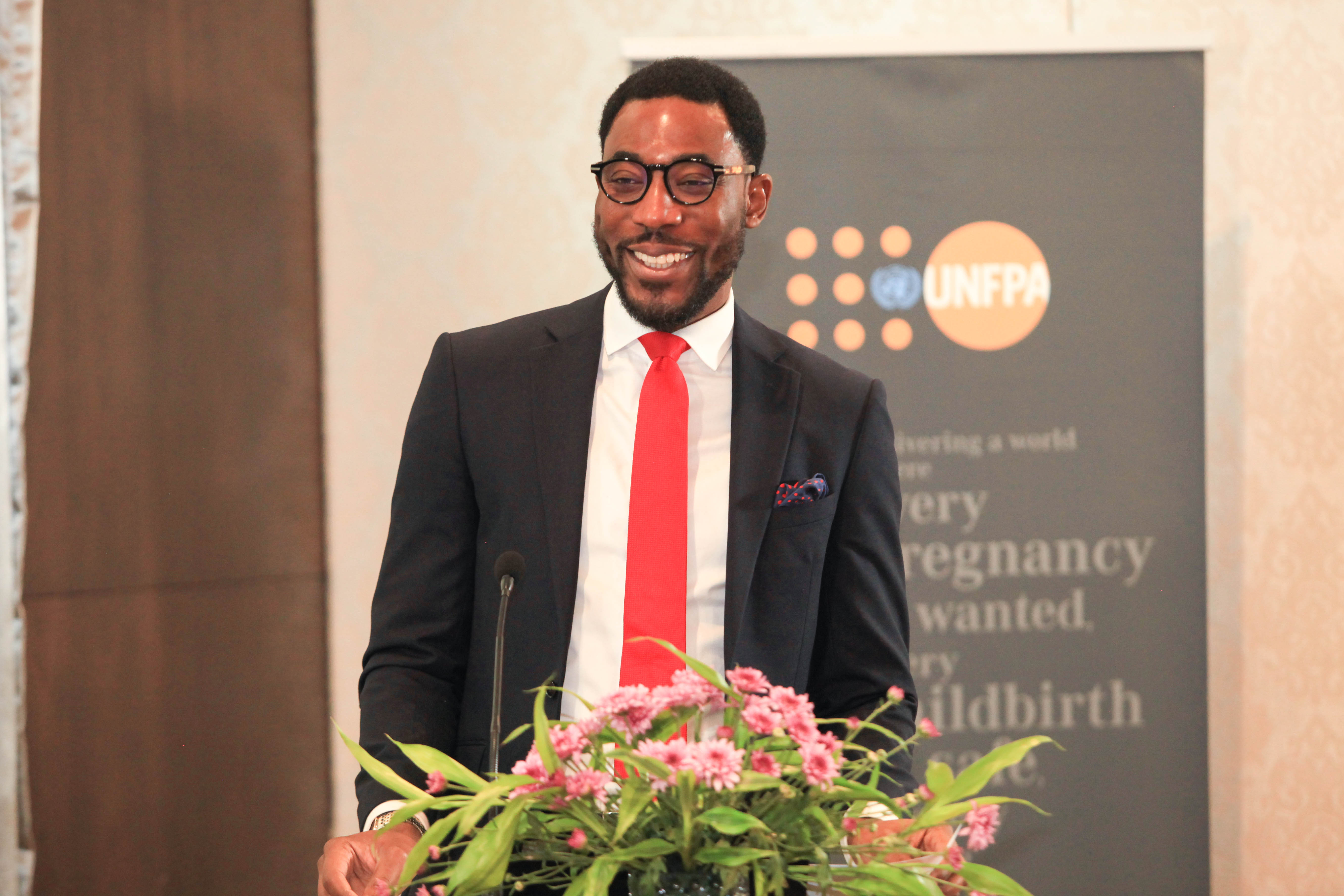
The year 2022 tested Sri Lanka and its people like never before, with an unparalleled economic and political crisis. But despite these challenges, UNFPA Sri Lanka stood strong, with an unwavering
dedication to serve those most impacted by the crisis: women, young people and marginalized groups left behind.
As a key partner to the Government of Sri Lanka, we focused on effecting policy change, system strengthening and community mobilization while strengthening service delivery and data generation in crucial areas such as family planning, maternal health, and gender-based violence response across the humanitarian, peace and development nexus. We launched a humanitarian appeal and mobilized over US$10 million to provide emergency medicines, commodities, and obstetric care to pregnant women, as well as protection and response services to women and girls at risk of violence.


